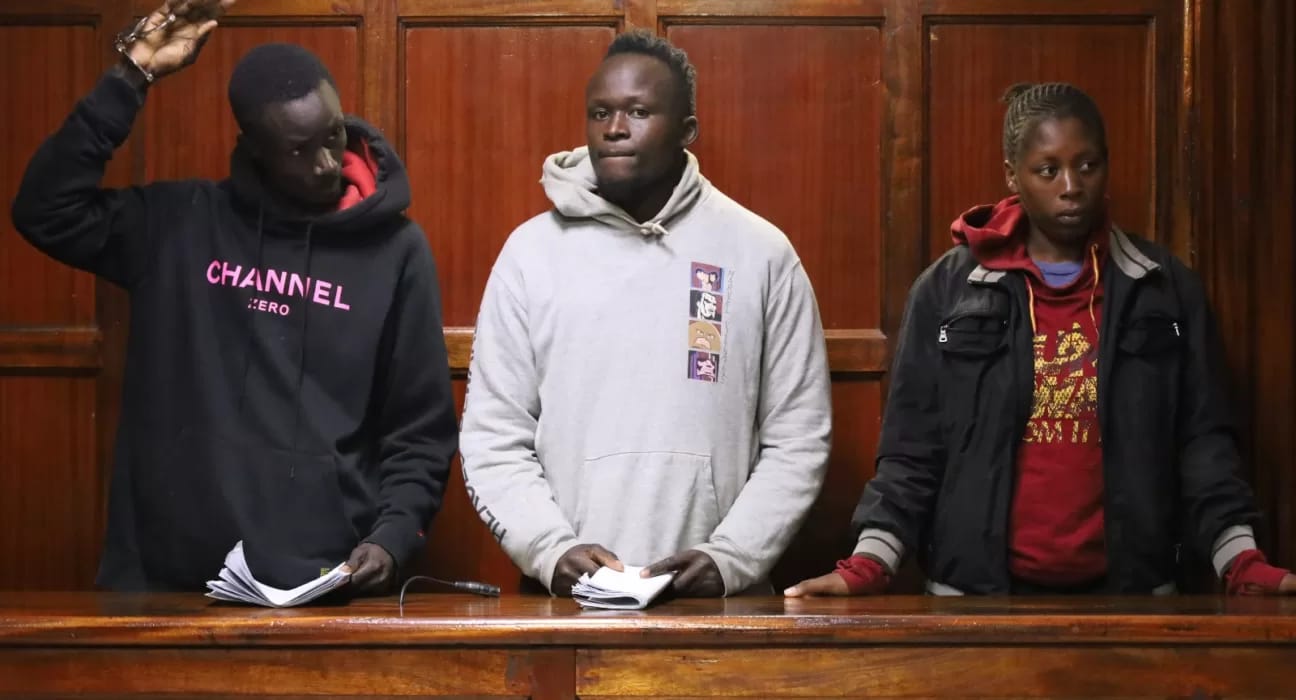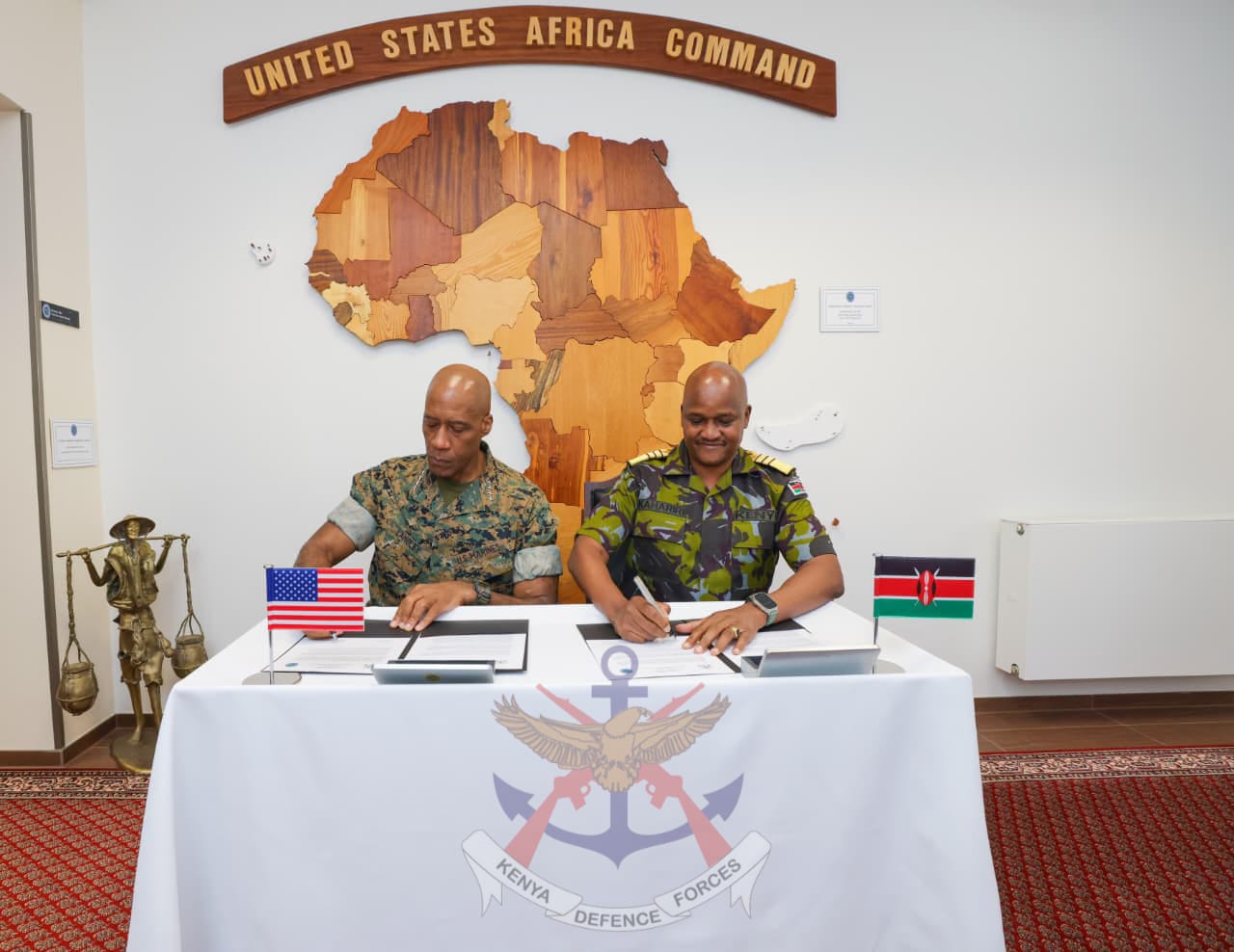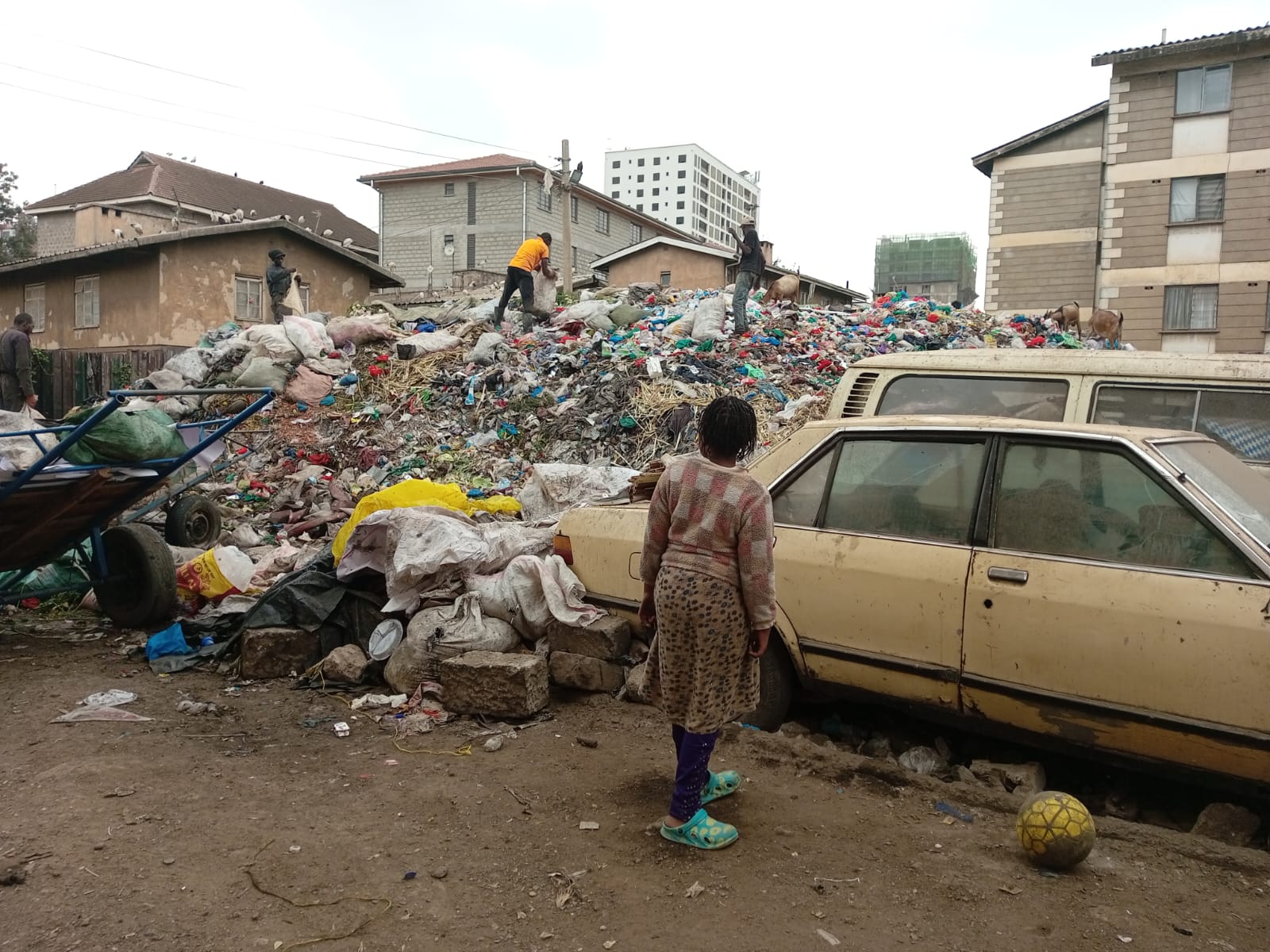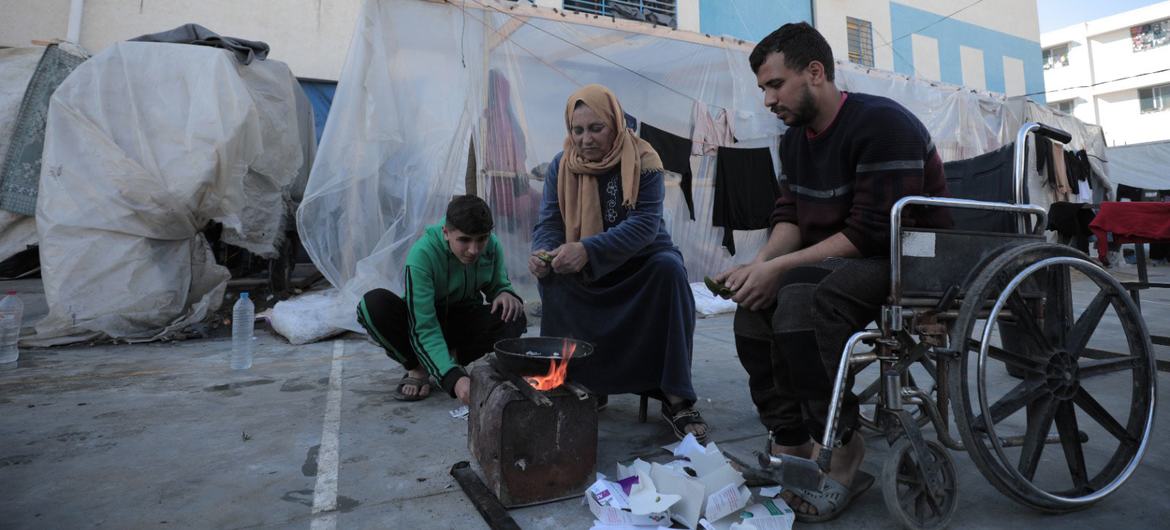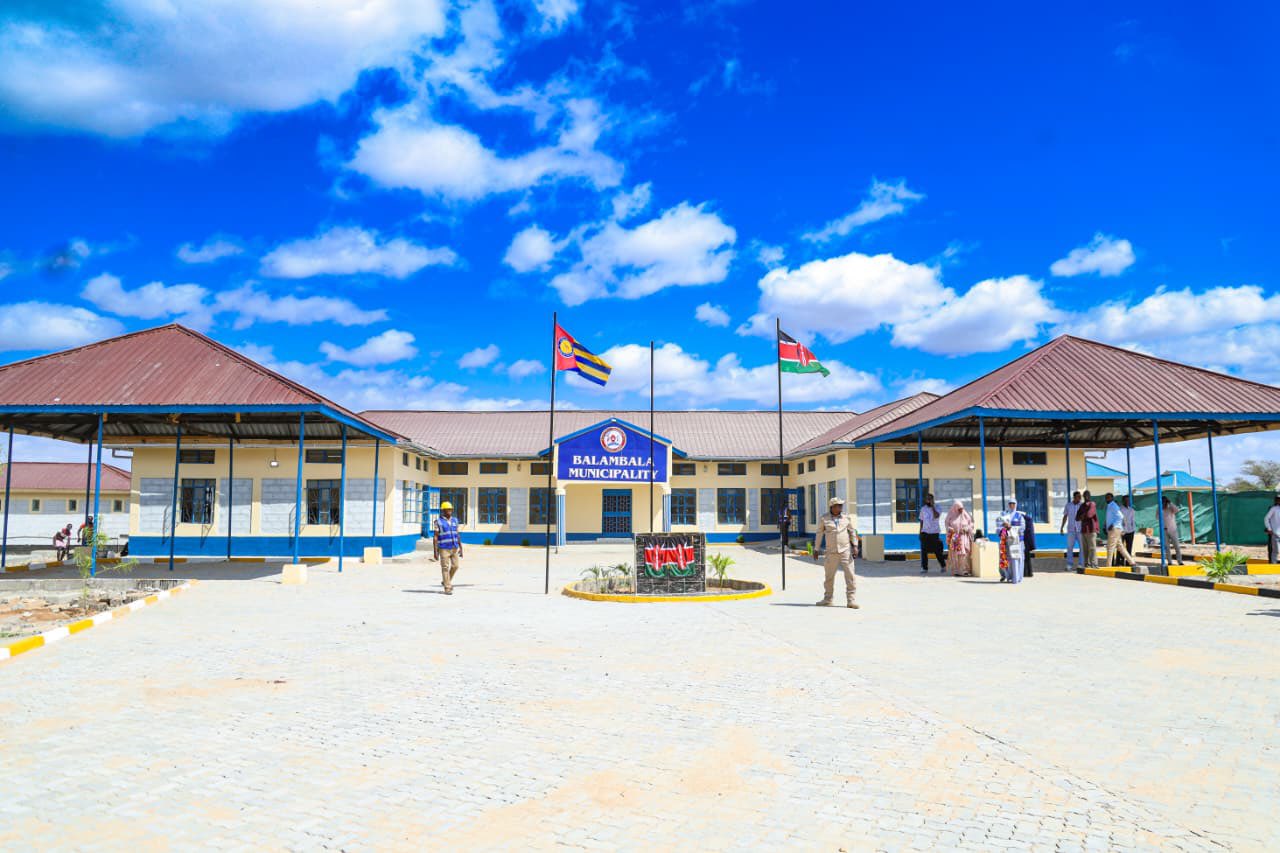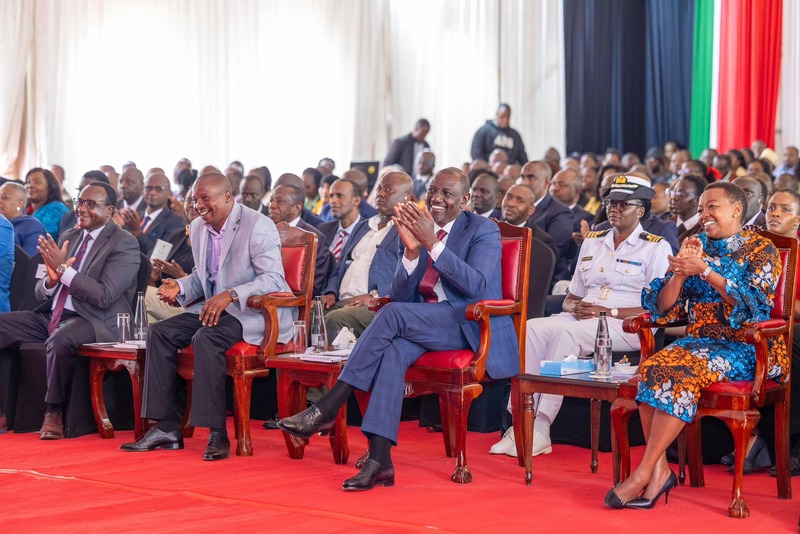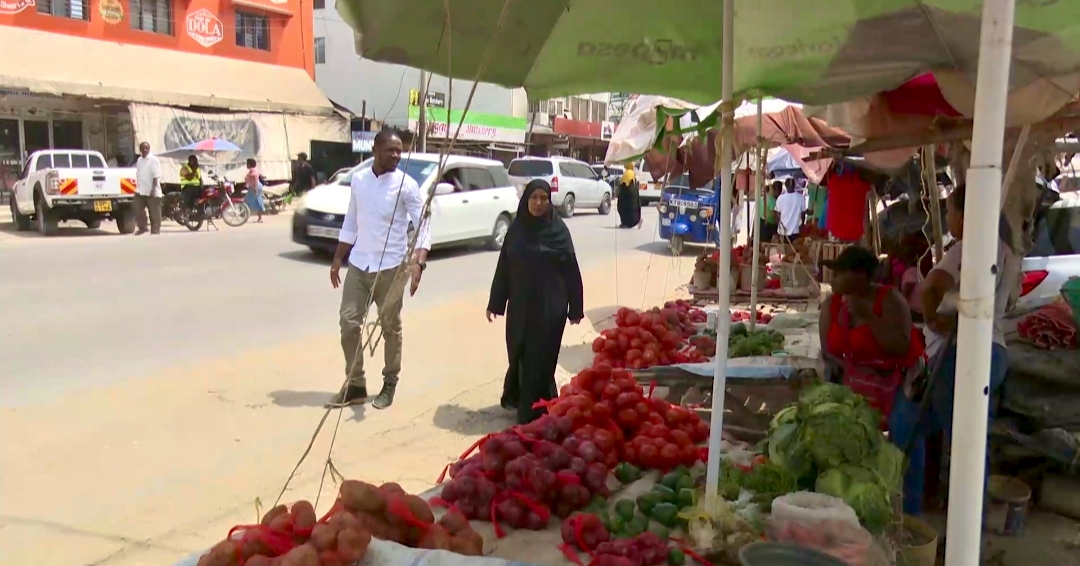NCIC calls for revival of Amani clubs in schools to promote peace
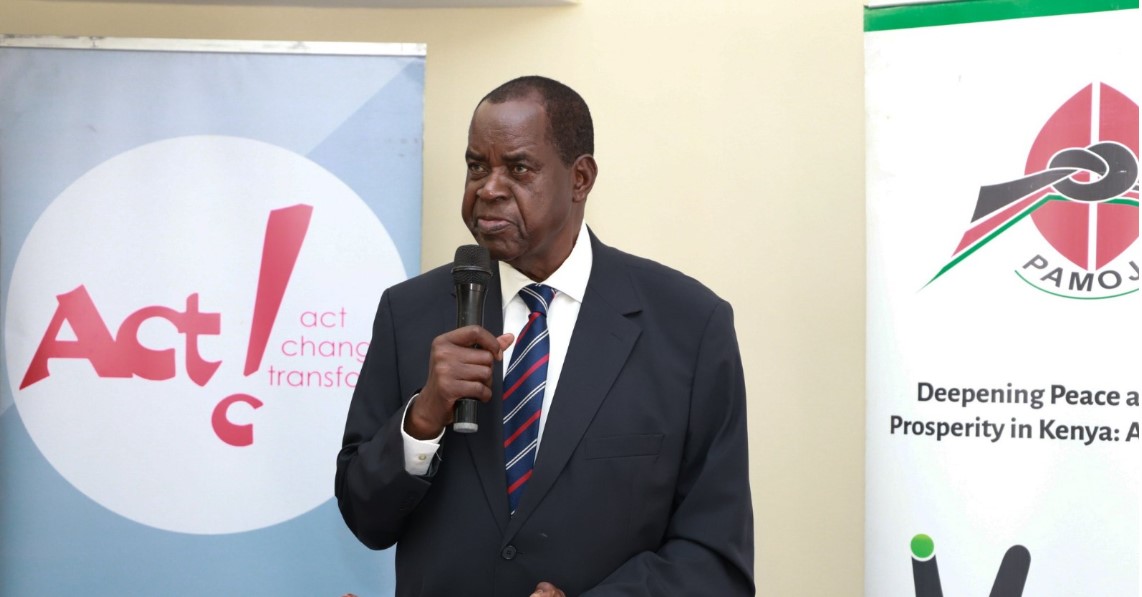
Currently, schools in 32 counties have students actively participating in Amani club activities.
The National Cohesion and Integration Commission (NCIC) is spearheading a new programme aimed at fostering peace and unity among students by reviving Amani clubs in schools.
These clubs are aimed to provide a platform for learners to discuss conflict resolution and promote cohesion within their communities.
More To Read
- Court bars ouster of NCIC Vice Chair Wambui Nyutu
- Election watchdog ELOG urges clampdown on political irresponsibility before 2027 polls
- NCIC commissioners earned full-time salaries in violation of court order, audit reveals
- #AmaniKwaGround kicks off in Marsabit to tackle Kenya’s deepening divides
- Former NCIC vice chairperson Wambui Nyutu says she was fired without due process
- NCIC fires vice chair Wambui Nyutu over partisan politics, replaces her with Dorcas Kedogo
NCIC Commissioner Philip Okundi pointed out the need to reintroduce these clubs, which previously existed in schools but faded over time.
“Amani clubs used to exist in schools, but the programme faded. It is time we revived the clubs in learning institutions to promote peaceful coexistence among Kenyans,” Okundi said during a meeting with education and security officials in Homa Bay town.
The meeting focused on strategies for re-establishing the clubs in schools across the country.
Currently, schools in 32 counties have students actively participating in Amani club activities, which are expected to play a key role in addressing issues such as the recent Generation Z protests.
Okundi said these protests could have been avoided through open and participatory dialogue within schools.
"The commission plans to launch Amani clubs in schools in Homa Bay beginning January 2025, with similar clubs set to open in other counties," he added.
Kilian Nyambu, the NCIC deputy director in charge of public outreach, described the Amani clubs as a preventive platform where students can be nurtured to become responsible citizens.
“Students should be integrated and empowered on how they can address conflict and differences in a more organised manner. Non-violent ways of addressing issues need to be used in schools and the community,” he explained.
Nyambu further stressed that while conflict is an inevitable part of life, young people must be taught to resolve their differences without resorting to violence.
The clubs will provide a safe space for students to explore peaceful solutions to conflicts, benefiting both their school and community environments.
Homa Bay County Director of Education Eunice Khaemba noted that many of the problems affecting students can often be traced back to their homes, where they may not have opportunities to discuss or express their concerns.
“Some of our children have died by suicide for lack of forums to express themselves,” Khaemba said, insisting that the clubs would offer an essential outlet for students to voice their problems and find solutions.
Deputy County Commissioner Charles Mwayaya said the discussions held within Amani clubs should extend beyond schools, encouraging students to bring peace-building initiatives into their homes and villages.
“What students will discuss in the clubs should be replicated in homes and villages,” he said.
Mwayaya said peace messages would be reinforced through barazas or community meetings led by national government administrators.
Top Stories Today





